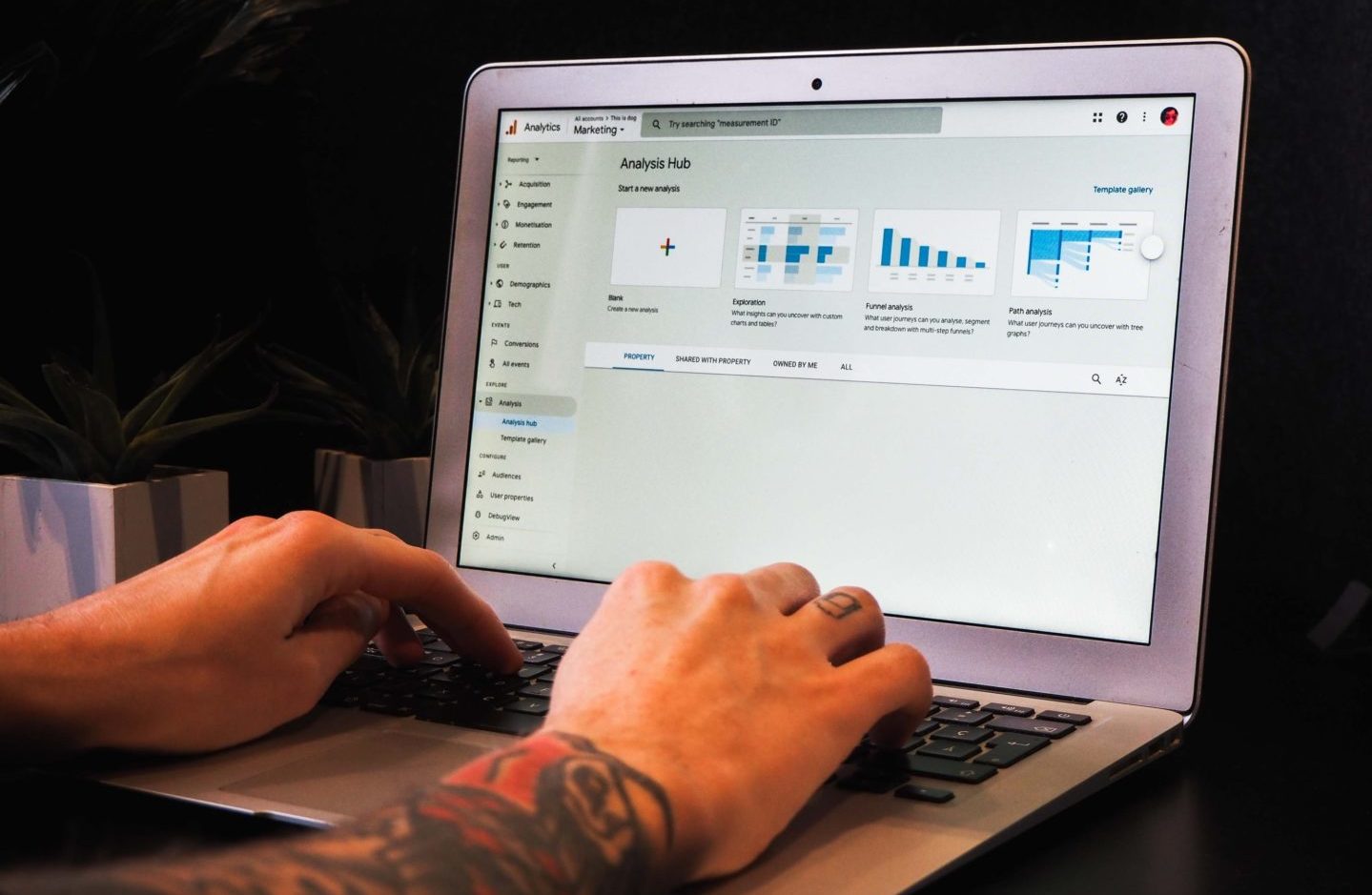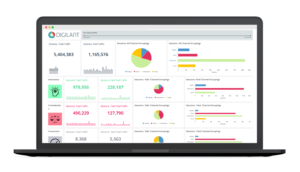The pressure is mounting in online digital advertising to make ad dollars go further and for stakeholders to have a greater understanding of emerging channels, platforms, and privacy regulations.
A quick scan of the news will reveal that more and more brands are moving their marketing and digital advertising to online digital marketing agencies. Agencies are better positioned to have greater institutional knowledge and the deep-seated experience required for driving efficiency and results.
The ultimate goals of transitioning from in-house managed digital advertising to an online digital marketing agency are for brands to extend their internal team and access expertise, tools, preferred pricing, and exclusive partnerships. Below I’ve outlined these benefits and then some.
Get Access to Talent
Over the past decade, the digital marketing industry’s fast growth has made high-quality talent sparse and has made hiring incredibly difficult for companies of all types and sizes. This is especially true to brands. When you partner with an agency, you get access to talent that spans operations, planning, innovation, strategy, and more. Whenever and wherever you need it, your agency’s mission is to be your eyes and ears, your imaginative thinker, your strategist, and your team player. A good online digital marketing agency will understand your end goal and will consider your success to be their success.
Share Accountability With A Third Party
Accountability ensures that you are in lock-step with your agency team. You can contact your strategist to discuss performance or ideate on changes to ongoing campaigns. It means that you can trust and rely on your agency partner to know about the right tactics and use them.
You’ve got someone accountable for your digital marketing strategy and the numbers behind it on the accountability side. If you’re missing the mark on reaching your target audience or seeing a jump on your cost-per-lead, your agency partner is responsible for diving into what’s happening and why.
Keep On Top Of Changes In The Industry
Attempting to keep up with marketing changes, especially as it relates to emerging channels, privacy regulations, and the deprecation of third-party cookies can feel like an endless game of catch-up. Right when you think you’ve caught up, you’ve already fallen behind. A smart marketing agency will have a front-row seat to industry innovation and consumer trends that will shape your marketing strategy. To help you and your team maintain a strong pulse on your industry and the marketing industry at large, you can expect to receive regular communications and attend regular calls and presentations from your agency team.
Gain Institutional Knowledge
One of the most often ignored benefits of working with an online digital marketing agency is the access to veteran specialists working behind the scenes and institutional knowledge. External partners see more scenarios across more brands and industries and pass these insights on to clients through recommendations and strategy.
Get Access to Expensive Tools and Platforms
There are some incredible tools available to help digital marketers gain valuable insights about consumers, website activity, and paid marketing activities. The bad news is, they often come with a hefty price tag.
From social listening and social media management tools to marketing measurement, it’s a safe bet that if there is a marketing initiative your team is working on, there is a tool that needs to execute that initiative.
Digital marketing agencies often have dedicated budgets for technology stacks that include the best tools for managing marketing programs on behalf of clients. In some instances, you will get direct access to an agency’s technology stacks. In some other cases, you may get limited, read-only access. But across the board, you can expect to see the output of your agency’s extensive technology stack in the form of performance, insights, and efficiency with marketing spend.
Get Savings On Costs and Better Pricing
The cost to hire a marketing team with specialized skills can be incredibly high, especially if you make a poor hire or quickly need additional skill sets. A smart digital marketing agency has a team of specialists in-house who will be staffed on your account by how many hours weekly you need their resources. In this case, you are only paying for what you need vs. staffing a full-time team. Additionally, online digital marketing agencies often have pre-negotiated rates with media buying platforms and data partners. With an agency, you get access to platforms and partnerships that have a high barrier to entry and get access at a cost that saves you money on marketing campaign execution.
Should I hire an online digital marketing agency? Or do it all in-house?
You may be asking yourself these questions. If so, it’s important to review the benefits and drawbacks of an outside partner and to look at potential partners through the lens of what’s most important to you, your team, and your business. Marketing agencies do more than create banner ads or write strategy; they work hard behind the scenes to make sure your products, ideas, and services are at the top of consumer’s minds and search queries because they know what consumers are looking for.
Digilant has proven digital marketing agency expertise and an experienced team ready to meet your needs if you seek an outside partner. We help marketers realize digital marketing’s full potential with access to teams, tools, insights, and unmatched performance.
Ready to learn more about Digilant’s agency services and experience? Contact us today!



 Digilant’s analytics services use over 140 connectors to quickly integrate advertising, media, social, e-commerce, and website platforms so you can visualize and report performance, all in one place. We understand that no two brands have the same digital advertising strategies and goals, so we offer custom-built dashboards to meet your needs.
Digilant’s analytics services use over 140 connectors to quickly integrate advertising, media, social, e-commerce, and website platforms so you can visualize and report performance, all in one place. We understand that no two brands have the same digital advertising strategies and goals, so we offer custom-built dashboards to meet your needs. 



